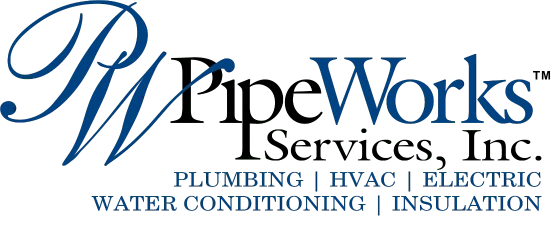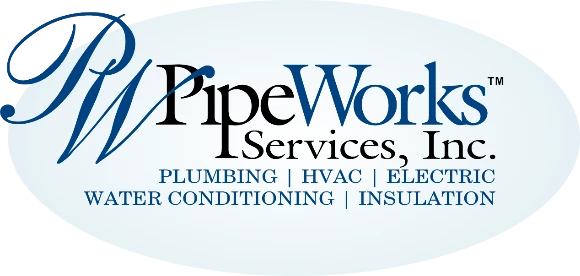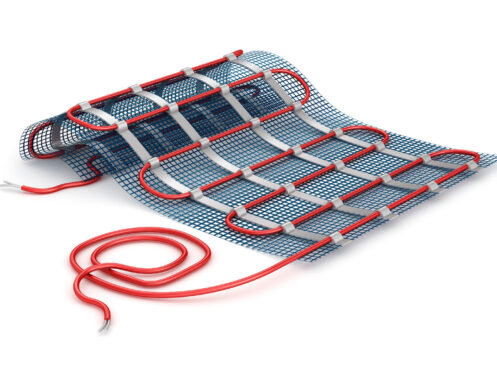Compared to forced-air systems that might circulate dust and make noise, a radiant heating system warms surfaces with heat, typically through the flooring so it rises naturally into living spaces. While radiant heating has a variety of benefits, it is similar to other heating systems in that it can have problems after a while. It’s important to know when to call in a professional for repairs.
Understanding Radiant Heating Systems
If your Essex home has a radiant heating system, it’s crucial to know which kind you have. The two primary finds are electric and hydronic. Each has unique components and distinct issues that might dictate specific repairs.
Electric Radiant Heating Systems
An electric radiant heating system uses mats or cables placed underneath flooring in order to generate and distribute heat. When you turn this kind of system on, electricity goes through the mats or cables, heating them up so that they radiate heat energy. They’re usually easier to install, and they can be used in specific applications, such as kitchens or bathrooms.
Hydronic Radiant Heating Systems
Alternatively, hydronic radiant systems use heated water pumped through tubing, which is also installed under the floor. A boiler heats the water, and the tubing distributes that heat throughout a room or home. A hydronic system is more complicated than an electric system, and it’s also more energy efficient. The maintenance and installation can be more involved.
Common Issues With Radiant Heating Systems
Radiant heating systems are typically highly reliable, but they can still develop problems. The following are common issues you might identify and need to relay to the Essex HVAC professionals you consult.
Uneven Heating
Uneven heat distribution means some parts of your home are warm when others are cold. It’s uncomfortable but also often indicative of more serious issues. Hydronic systems might have tube blockages, pump malfunctions, and trapped air inside the pipes while an electric system might have problems with the cables, mats, or wiring.
Cold Spots on the Floor
Cold spots might happen in an electric system due to a wiring break or a section of the heating mat no longer operating properly. In a hydronic system, there might be issues with water circulation or a tubing leak.
Water Leaks (Hydronic Systems)
Water leaks are serious problems in hydronic systems. They can damage your floors, the subflooring, or even your home’s foundation. Leak detection is tricky since the tubing is often hidden under the floor. Look for sudden rises in your water bill, water pressure drops, or wet spots on your home’s floor.
No Heat
Numerous causes can make your radiant heating system stop generating heat completely. Electric systems might have issues with the wiring, thermostat, or heating element. Hydronic systems might have malfunctions with water flow, the pump, or the boiler.
Increased Energy Bills
A sudden spike in utility bills might indicate a drop in system efficiency. Electric systems might have overworked heating elements because of thermostat issues or faulty wiring, whereas a hydronic system might have poor water circulation or boiler troubles.
Noisy Operation
Radiant heating systems usually operate far more quietly than forced-air systems. If you hear strange noises, that might alert you to something wrong. Electric systems might hum or buzz, and hydronic systems might have knocking or gurgling sounds indicating water pressure problems, pump failure, or air trapped in the pipes.
When to Call a Professional for Radiant Heating Repairs
Basic troubleshooting can resolve a handful of radiant heating problems. However, many situations are better left in the hands of an industry professional, including the following.
Electrical Issues
Working with electricity always holds the potential for danger, particularly if you have no experience with electrical systems. Should you suspect that your home’s electrical radiant heating system is suffering from an issue with the heating elements, thermostat, or wiring, then you should call in a licensed professional. Any electrical issue can pose a serious safety risk, including the possibility of electrocution or fire.
Water Leaks in Hydronic Systems
If your home has a hydronic radiant heating system and it leaks, there can be substantial damage throughout your residence. If you notice any warning signs of a leak, including water pressure dropping or water pooling on your flooring, contact a professional as quickly as you can. Technicians have the tools to locate, identify, diagnose, and rectify leaks. They’ll minimize how much damage there is in your home and prevent future problems.
Boiler Malfunctions
A hydronic system relies on a boiler to heat the water circulating through the system tubing. If the boiler stops working or doesn’t produce enough heat, there can be several different issues at play. They include a broken pump, a malfunctioning thermostat, and accumulations of sediment building up in the boiler. Boiler repairs require specialized tools and knowledge. Trying to fix things by yourself might make the damage worse and can possibly void the warranty.
Flooring Damage
If your radiant heating system does its job via flooring, then repairing the system can involve the removal and replacement of sections of your floor. This is even more likely if your hydronic system has a major malfunction or leak. Repairing and replacing flooring is a delicate task.
Complex System Diagnostics
If your radiant heating system is giving you trouble and you can’t pinpoint what’s going on, you should contact a professional. Licensed technicians working for reputable contractors have the tools to do complex system diagnostics and the industry experience to identify problems quickly and accurately.
Why Professional Radiant Heating Repair Is Important
You should rarely try to fix a radiant heating system by yourself if ever. Calling professionals usually proves to be the best course of action, and their experience and expertise are often the biggest reasons why. Radiant heating systems are complex and specialized installations, particularly hydronic systems.
Safety matters are another concern. If you’re not properly trained in working with water or electrical systems, you can risk damaging your home or hurting yourself. Professional technicians follow safety protocols to do repairs safely and correctly while managing the potential for fire hazards, water damage, and electrical shocks.
Many radiant heating installations come with warranties that give you peace of mind in the event of future issues. However, those warranties can be invalidated if you attempt DIY repairs. Keep your warranty intact by using only properly licensed and certified technicians working for reputable contractors in your area.
DIY projects around your home can help you save money in some cases, and they can also help you take a sense of pride and ownership in your abode. However, radiant heating systems are a notable case where you shouldn’t. You might address symptoms of problems without addressing the root cause. A professional can offer long-term solutions that minimize future breakdowns instead of increasing their likelihood.
Keep Your Home Radiant
Pipe Works Services serves Essex, Union, Middlesex, Somerset, and Morris counties and surrounding communities in New Jersey. We offer HVAC, heating, plumbing, insulation, electrical, ductwork, and indoor air quality services, and we also handle ice damming, home energy audits, and commercial clients. Contact Pipe Works Services for all your home’s radiant heating needs.





